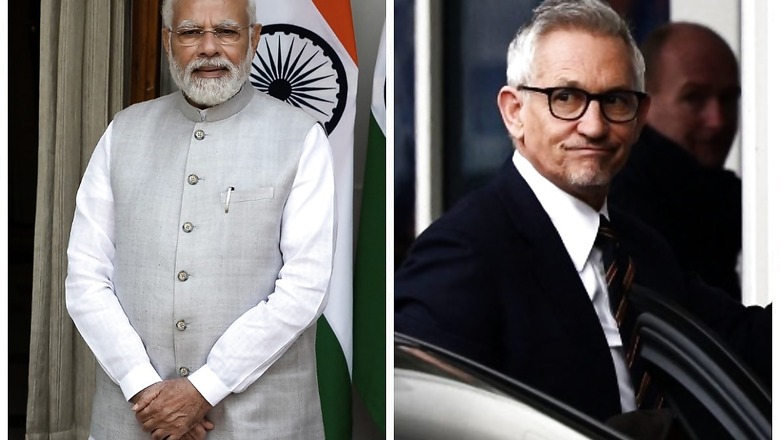
views
It took the British Broadcasting Corporation (BBC) less than two months to make a hypocritical U-turn on its lofty claims about journalistic autonomy and independence. It so happened that in January this year, the BBC decided to broadcast a documentary, based on a supposedly unpublished British Foreign Office report, raising questions about Prime Minister Narendra Modi’s role during the 2002 Gujarat riots. It claimed that Modi, as the chief minister of Gujarat in 2002, was “directly responsible” for the “climate of impunity” that enabled the violence.
When Indians, in their private capacity, and the Indian government officially raised their objection about the BBC documentary, saying the issue had long been settled by the country’s highest court after a detailed and thorough investigation, the UK government took refuge in the moral high ground of media freedom. British foreign secretary James Cleverly in his meeting with the Indian High Commissioner to the UK, Vikram Doraiswami, said that “the BBC is independent in its output”, and that the “UK regards India as an incredibly important international partner and we will be investing heavily in that relationship in the coming decades.”
Less than two months later, the same BBC was caught acting much like a British government lackey, when one of its anchors opposed a new legislation on migrants. The public broadcaster, a self-confessed bearer of media autonomy and integrity, on Friday, suspended Gary Lineker, former England soccer captain and BBC’s highest-paid anchor of ‘Match of the Day’, after he took to Twitter to vehemently criticise the new legislation. He called it a “cruel policy directed at the most vulnerable people in a language that is not dissimilar to that used by Germany in the 30s”.
Britain had on Tuesday announced details of the new migration laws, under which people arriving in small boats across the Channel would be prevented from claiming asylum. They would be deported either back to their homeland or to so-called safe third countries.
The BBC’s “gold standard” of journalism was further under self-assault when it decided not to broadcast an episode of Sir David Attenborough’s flagship new series on British wildlife, fearing “its themes of the destruction of nature would risk a backlash from Tory politicians and the right-wing press”, as The Guardian reported. The BBC strongly defended itself, saying the episode in question was never intended for broadcast, but the damage was done on its lofty claims about “journalistic objectivity and independence” and the stark reality of being a loyal stooge of the British establishment.
When one looks at BBC’s respective reactions to the Modi documentary in January and the Lineker Attenborough episodes in March, it’s obvious that while the British broadcaster stood its ground in the first case, it meekly surrendered in the second instance. The BBC refused to budge in January even when it was obvious that the documentary was a hitjob against Prime Minister Modi at a time when India had not just taken over the presidency of G20 but also gearing up for the Lok Sabha elections a year later in 2024. The BBC, which meekly crawled when asked to bend in the Linekar episode, proudly flogged the dead horse more than two decades after the Gujarat riots — and that too based on a testimony of a discredited former foreign secretary — because the broadcaster’s political masters wanted it to do so.
This brings us to the most critical aspect of the BBC affair: Britain’s inherent anti-India bias and, worse, pro-Pakistan tilt. The island nation has historically been pro-Pakistan. Maybe, as former foreign secretary Kanwal Sibal wrote in a Firstpost article soon after the Modi documentary row, because Britain “midwifed” Pakistan and possibly see it as its “moral duty” to protect it. The creation of Pakistan was almost entirely the product of British geopolitical strategy to deal with an expected Soviet threat to the subcontinent, along with the West’s Cold War calculations vis-à-vis West Asia.
But the British abhorrence for India goes much beyond this moral obligation: It is purely politico-geostrategic compulsions combined with age-old colonial misgivings. The UK, just like the United States, has never been comfortable with the conventional Indian “Ekla Chalo” predisposition in foreign policy decisions. The ongoing Ukraine war and India’s response to it is a classic example of the intrinsic Western discomfort with rising India, though such is the contemporary global positioning, especially with the rise of China, that New Delhi just cannot be ignored or isolated beyond a point.
A part of British discomfort too comes from its failure to come to terms with the new India, which incidentally has just surpassed Britain to become the world’s fifth-largest economy, defying all nightmarish projections of the West at the time of Independence. Governments change from time to time. But the establishment, which includes the Deep State and the bureaucracy, changes very rarely. It remains in power, maintaining the larger continuity of policies. And this establishment, thanks to its colonial hangover, is largely and obsessively anti-India. To add to it is the presence of a large number of Muslims, mostly hailing from Pakistan, who now decide the electoral fate of several constituencies in Britain.
Coming back to the BBC, it in many ways reminds us of Al-Jazeera. Also, BBC’s umbilical ties with the British establishment are equally manifested in the Doha-based broadcaster’s equation with the Qatari ruling family. Interestingly, Al-Jazeera is the successor to a failed experiment called BBC Arabic Television (BBCATV), which was set up in 1994 but quickly ran afoul of its main financial backer, the Saudi royal family, for airing a documentary on the execution of a Saudi princess and her lover. The Qatari ruling family, however, liked the Saudi idea of having an international broadcaster that allows it to geo-strategically punch way above its height: So, when BBCATV was closed, most of its employees were lured into joining what in 1996 became Al-Jazeera.
Just like Al-Jazeera, whose coverage — as per Tal Samuel-Azran (Intercultural Communication as a Clash of Civilisations: Al-Jazeera and Qatar’s Soft Power) — is “coordinated with Qatar’s interests in mind”, the BBC, despite being a public service corporation that is separate from the British government and with whom it has had its share of conflicts, would fall in line with larger British interests and values. For BBC, occasional conflicts with those in power had its propaganda value: To showcase its autonomy and thus gain credibility.
Al-Jazeera again gives the BBC game away. The Doha-based broadcaster, Samuel-Azran explains, maintains its credibility by playing the 99:1 game. “It promotes Qatari interests only in critical situations; that is, it gains credibility with 99% of its routine coverage and leverages that high credibility in the 1% of cases when Qatar really needs it to promote its crucial interests.” The BBC does exactly that. It wears the cloak of journalistic neutrality and excellence in most stories, so that it can return the favour to its political masters in a few strategically significant issues. This explains why BBC’s reporting largely treads the anti-India line, much like the thinking of the British establishment. This also is the reason why the British broadcaster stands up to its lofty claims about journalistic autonomy and independence on the Modi documentary issue, but makes a hasty, disgraceful retreat on Lineker and Attenborough.
BBC’s neutrality is a farce. It hates India as much as Britain loves Pakistan. The time is ripe to turn it into conventional wisdom.
The author is Opinion Editor, Firstpost and News18. He tweets from @Utpal_Kumar1. Views expressed are personal.
Read all the Latest Opinions here











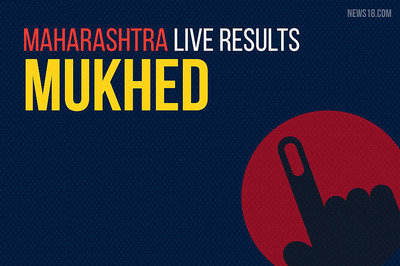

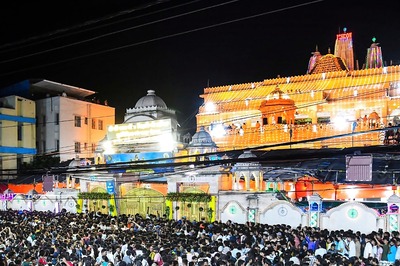


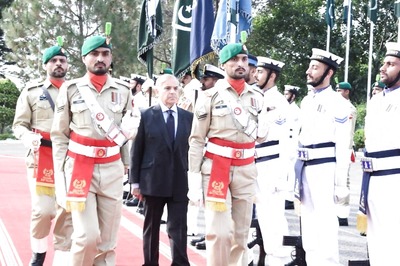
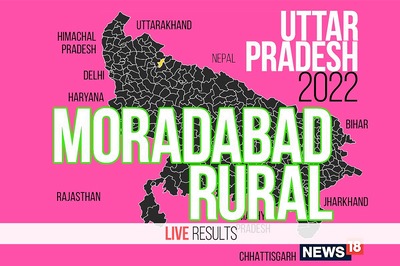

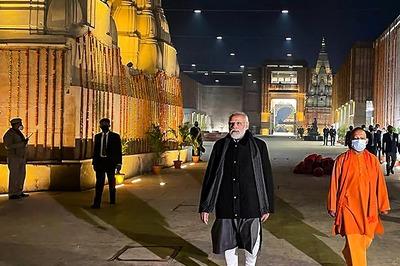
Comments
0 comment